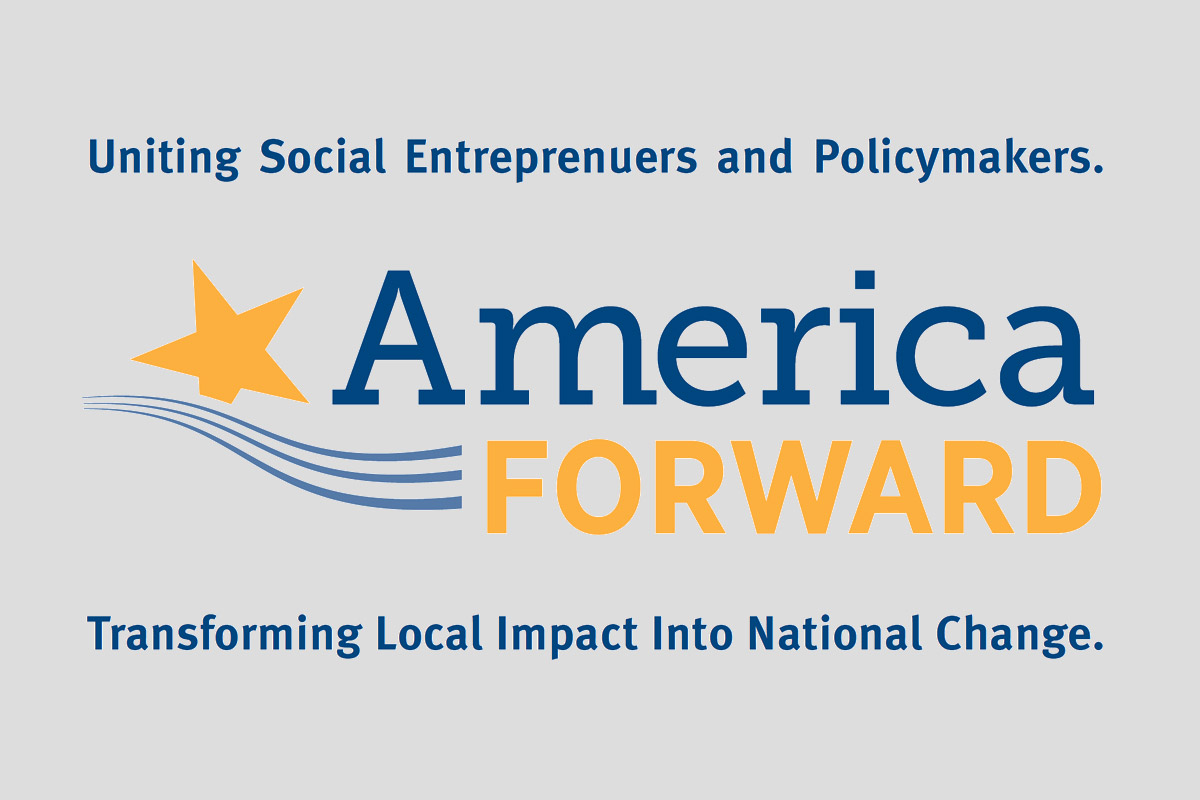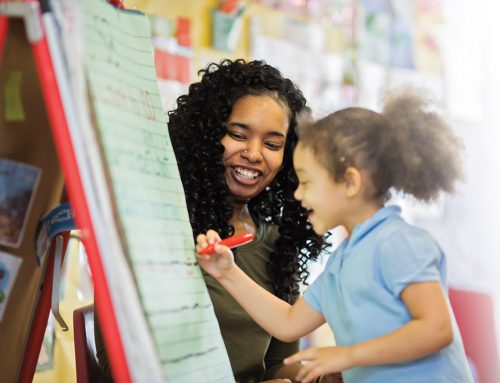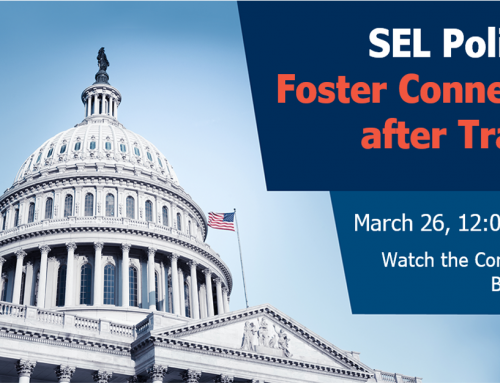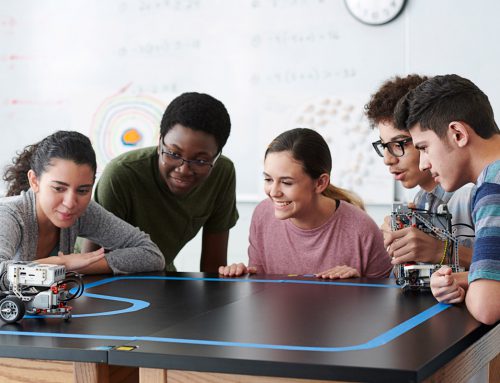America Forward supports the confirmation of Dr. Miguel Cardona as the next U.S. Secretary of Education, and encourages him to prioritize whole-learner approaches.
The nomination of Dr. Miguel Cardona to lead the U.S. Department of Education comes at a critical moment for America’s students, families, and educators.
The COVID-19 pandemic has worsened persistent and systemic opportunity gaps, and reinforced the need to advance bold, innovative policies that will improve holistic outcomes for all learners.
High-quality whole-learner approaches that help develop the cognitive, social, emotional, creative, and physical skills that all young people need to thrive are a critical part of the effort to drive toward educational equity and excellence. And leadership at the Department of Education will have a vital role to play in advancing policies that support the sustainable implementation of whole-learner approaches, from actively promoting more holistic, learner-centered educational strategies and providing robust support for educators, to ensuring meaningful family engagement, building effective partnerships, and prioritizing a focus on research and evidence.
With that in mind, America Forward hopes Chair Patty Murray, Ranking Member Burr, and the members of the Senate Health, Education, Labor and Pensions (HELP) Committee, raise the following questions during Dr. Cardona’s confirmation hearing:
- Today, there is a persistent disconnect between the holistic set of skills and experiences that every child needs, and what our education system prioritizes.Inequities in resources—both material and non-material—currently make it nearly impossible for schools in under-resourced communities to meet the needs of all students. How will your experiences as an educator and a school leader affect your approach and decisions in this job? How will you ensure that the Department of Education is connected to the reality in our classrooms and address the holistic needs of students, families, and educators?
- Existing educational systems that prioritize narrow definitions of student success—tied almost exclusively to academic performance measured by high-stakes testing—do not reflect the prevailing scientific understanding of learning as a holistic, engaging endeavor. Nor do such limited approaches allow for the customized, personalized experiences necessary to reach the diversity of learners in every classroom. As a result, achievement and skills gaps continue to widen; individuals, families, and communities miss out on massive unrealized potential; and our country faces serious challenges to its social health and economic competitiveness. As Secretary, how will you ensure that developmental domains don’t remain siloed from one another? How will you ensure that every student has access to experiences that challenge and nourish them as whole learners?
- Student success depends on access to both the positive environments and relationships that set the table for learning, reflecting the understanding that the plasticity and malleability of children’s brains give them the ability to overcome tremendous challenges given positive context, and ensuring universal access to learning experiences that align with the interconnected, dynamic way in which all children learn. How will you encourage districts and States to take advantage of the opportunities in ESSA for change, improvement, and innovation?
- As the COVID-19 pandemic continues to rage, schools across the country continue to face monumental challenges. Faced with these challenges, old tools are no longer sufficient. To address the profound effects of COVID-19 on our nation’s students — and to make our education system more equitable for children facing entrenched barriers to healthy learning and development — schools must embrace innovative, comprehensive, whole-learner approaches to education that emphasize not only academic achievement, but also the broad range of skills that young people need to adapt, grow, and thrive. What is your plan to make the Department responsive to emerging needs, and to support the efforts of States and districts to change and innovate?
- Partnerships between school districts and nonprofits that leverage evidence-based models to meet their communities’ needs are an important way to unlock innovation and expand school capacity in a way that can meet the holistic needs of students, educators, and families. How will a Department of Education under your leadership leverage such partnerships? If you see them as important, how will you incentivize them while holding them accountable to serving community-driven need?
We hope that Dr. Cardona will consider these questions and provide substantive answers about how he will work to advance whole-learner approaches across the country. And we hope that the members of the Senate HELP Committee will keep these questions in mind, not only in the context of Dr. Cardona’s nomination hearing, but as they make policy and appropriations decisions throughout the new Congress.
While the challenges we face are complex, we have no doubt that Dr. Cardona and his team have the ability to meet them; and so, we were pleased to send a letter to the Committee endorsing his confirmation. We urge the Committee to move quickly on his nomination following tomorrow’s hearing.






